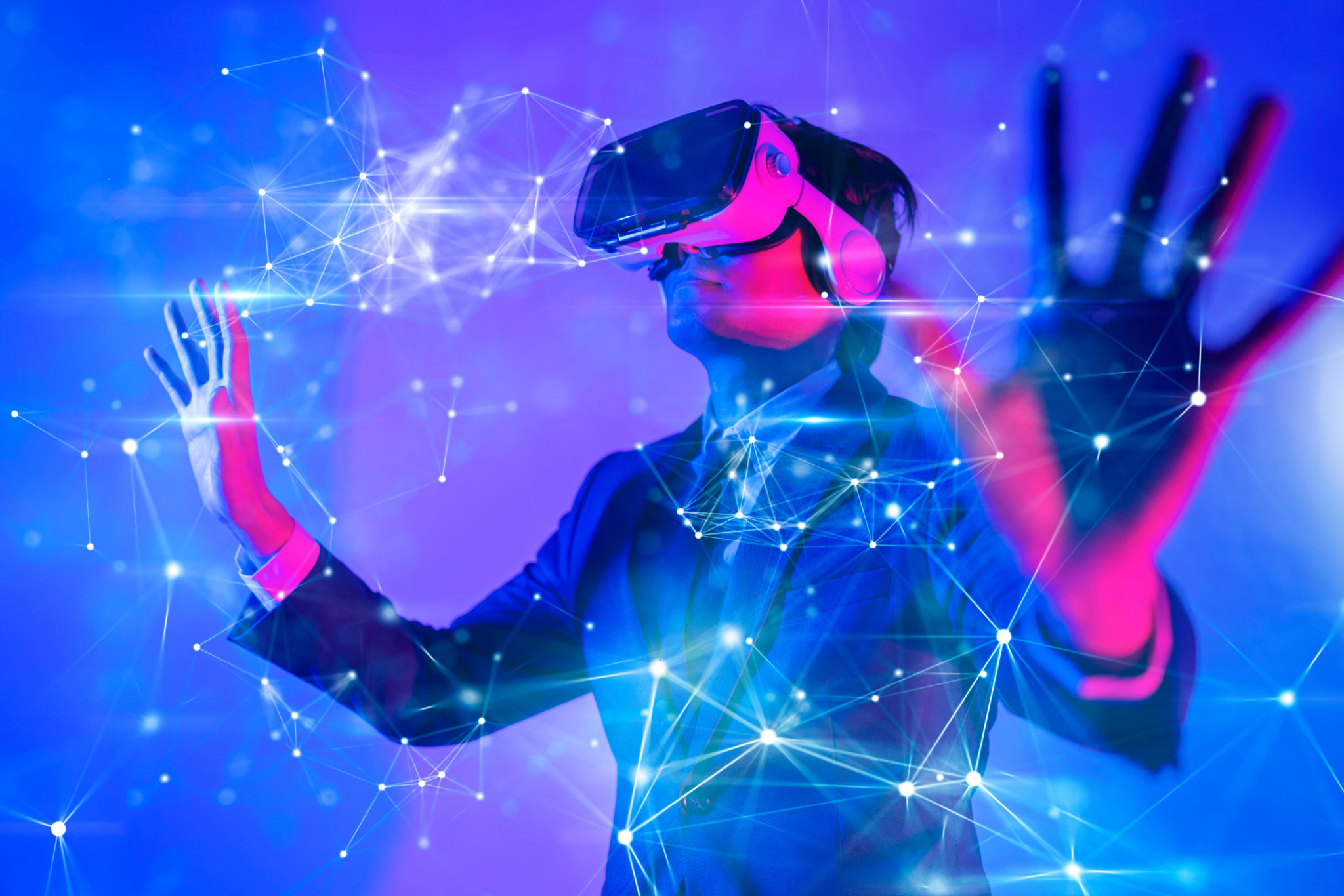The Future of Event Entertainment: Exploring Emerging Technologies
Introduction to the Future of Event Entertainment
The landscape of event entertainment is rapidly evolving, driven by technological advancements that are reshaping how we experience and engage with events. From virtual reality to artificial intelligence, emerging technologies are not only enhancing traditional entertainment options but are also creating entirely new possibilities. In this blog post, we'll explore some of the most exciting technological innovations that are setting the stage for the future of event entertainment.

Virtual and Augmented Reality: Immersive Experiences
Virtual Reality (VR) and Augmented Reality (AR) have become game-changers in the event industry. These technologies offer immersive experiences that transport attendees to different worlds or enhance their physical surroundings with digital overlays. VR can be used for everything from virtual tours of event venues to fully immersive entertainment experiences, while AR can provide interactive elements that engage attendees in real-time.
Virtual and augmented reality are particularly effective in creating memorable experiences at events such as concerts, trade shows, and exhibitions. By allowing attendees to interact with digital elements, these technologies not only captivate audiences but also provide valuable data insights into attendee behavior and preferences.
Artificial Intelligence: Personalizing the Experience
Artificial Intelligence (AI) is revolutionizing how event organizers approach personalization. AI-driven tools can analyze vast amounts of data to tailor experiences and content to individual preferences. From recommending sessions and activities to personalizing marketing communications, AI is helping create more engaging and targeted event experiences.

Additionally, AI-powered chatbots are becoming increasingly common as a means of providing real-time assistance to event attendees. These virtual assistants can handle a wide range of inquiries, from logistical questions to personalized recommendations, enhancing the overall attendee experience.
Live Streaming and Hybrid Events: Bridging the Gap
The rise of live streaming technology has made it possible for events to reach global audiences without geographical constraints. Hybrid events, which combine in-person and virtual elements, have become popular as they allow attendees to participate according to their preferences. This model not only increases accessibility but also provides a sustainable alternative by reducing travel-related carbon footprints.
With high-quality streaming options and interactive online platforms, hybrid events offer a seamless integration of physical and digital experiences. Event organizers can engage both in-person and remote attendees with features such as live polls, Q&A sessions, and virtual networking lounges.

The Role of Drones in Event Entertainment
Drones are increasingly being used in event entertainment to deliver stunning visual displays and performances. From drone light shows that illuminate the night sky to synchronized aerial performances, drones offer a unique and dynamic form of entertainment that captivates audiences. Their versatility allows for creative applications across various types of events, from music festivals to corporate gatherings.
Moreover, drones can also be utilized for practical purposes such as aerial photography and live event coverage, providing new perspectives and enhancing the overall production quality of events.
Robotics: Engaging Interactions
Robotics technology is making its way into events as a means of providing interactive and engaging experiences. Robots can be programmed to perform tasks such as welcoming guests, providing information, or even entertaining audiences with performances. Their presence adds a futuristic element that intrigues attendees and encourages interaction.
As robotics technology continues to advance, we can expect to see more innovative applications at events, from robotic bartenders to automated check-in systems, streamlining processes and enhancing attendee engagement.
Conclusion: Embracing Technological Innovation
The future of event entertainment is undoubtedly intertwined with the advancements in technology. As these emerging technologies continue to develop, they will offer even more opportunities for event organizers to create captivating, personalized, and memorable experiences for attendees. By embracing these innovations, the event industry can look forward to a future where entertainment knows no bounds.